
Living a long, healthy life is a dream shared by many, but how do we turn this dream into reality? The answer may lie in our diet. What we eat affects not just our weight but our entire wellbeing, including how we age and our risk of chronic diseases. In this guide, we’ll explore the best diets for longevity and disease prevention, backed by science, and tailored for a modern lifestyle.
Why Diet Matters for Longevity
Before we dive into specific diets, it’s important to understand how diet influences health and lifespan. Research shows that up to 80% of premature heart disease and stroke can be prevented through healthy eating and lifestyle changes. Diets rich in whole foods, antioxidants, fiber, and healthy fats support the body at the cellular level.
1. The Mediterranean Diet: A Gold Standard for Healthy Aging

- Origin: Mediterranean countries like Italy and Greece
- Key Foods: Olive oil, vegetables, fruits, legumes, nuts, whole grains, and moderate wine
Benefits:
- Heart Health: Reduces risk of cardiovascular disease
- Brain Health: Lowers risk of Alzheimer’s and dementia
- Anti-inflammatory: Rich in omega-3 fatty acids and antioxidants
A major reason this diet is considered one of the best for longevity is that it’s not restrictive. It encourages natural, flavorful meals, and has been shown to extend lifespan and lower disease risk.
A 2018 study in the British Medical Journal found that people who followed a Mediterranean diet had a 25% lower risk of dying from any cause.
2. The Blue Zones Diet: Insights from the World’s Most Long-Lived Individuals
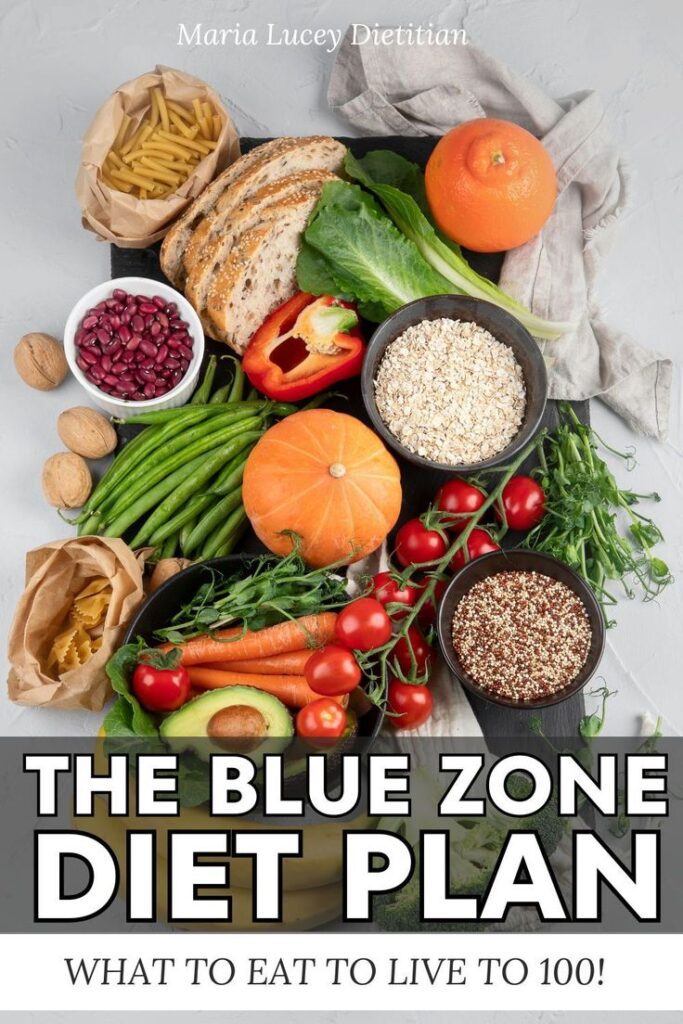
- Origin: Blue Zones — regions with the highest number of centenarians (e.g., Okinawa, Sardinia)
- Key Foods: Mostly plant-based (beans, greens, sweet potatoes, nuts, whole grains), very little meat
9 Key Blue Zone Diet Rules:
- 95% plant-based
- Beans as a daily staple
- Whole grains and greens
- Minimal added sugar
- Occasional meat (max 5 times/month)
- No processed food
- Healthy fats (nuts, seeds, olive oil)
- Small portions
- Wine in moderation
Benefits:
- Lower rates of heart disease, cancer, and diabetes
- Enhanced longevity and mental clarity
A study from National Geographic and Dan Buettner found these dietary patterns contributed significantly to high life expectancy and low disease rates.
3. The Plant-Based Diet: Powered by Plants, Backed by Science
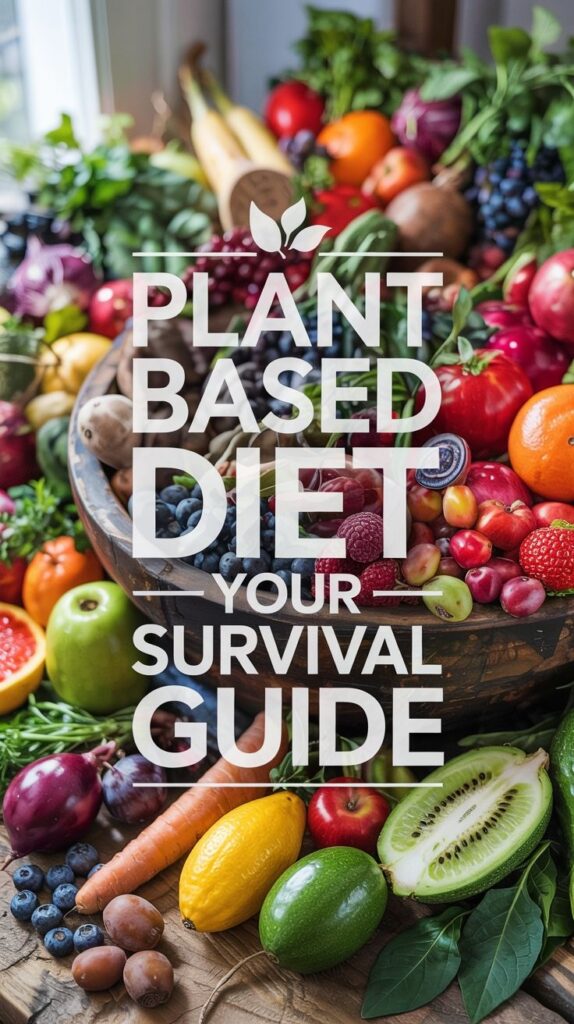
- Focus: Whole plant foods, avoiding animal products
- Key Foods: Vegetables, fruits, legumes, whole grains, nuts, seeds
Benefits:
- Weight management
- Reduced inflammation
- Reversal of heart disease (in some cases)
- Lower risk of type 2 diabetes and cancer
A plant-based diet emphasizes nutrient-dense foods that are rich in phytonutrients, which have anti-aging and anti-cancer properties.
According to the American Journal of Clinical Nutrition, plant-based eaters have lower mortality rates and better health outcomes than omnivores.
4. The DASH Diet: Designed for the Heart
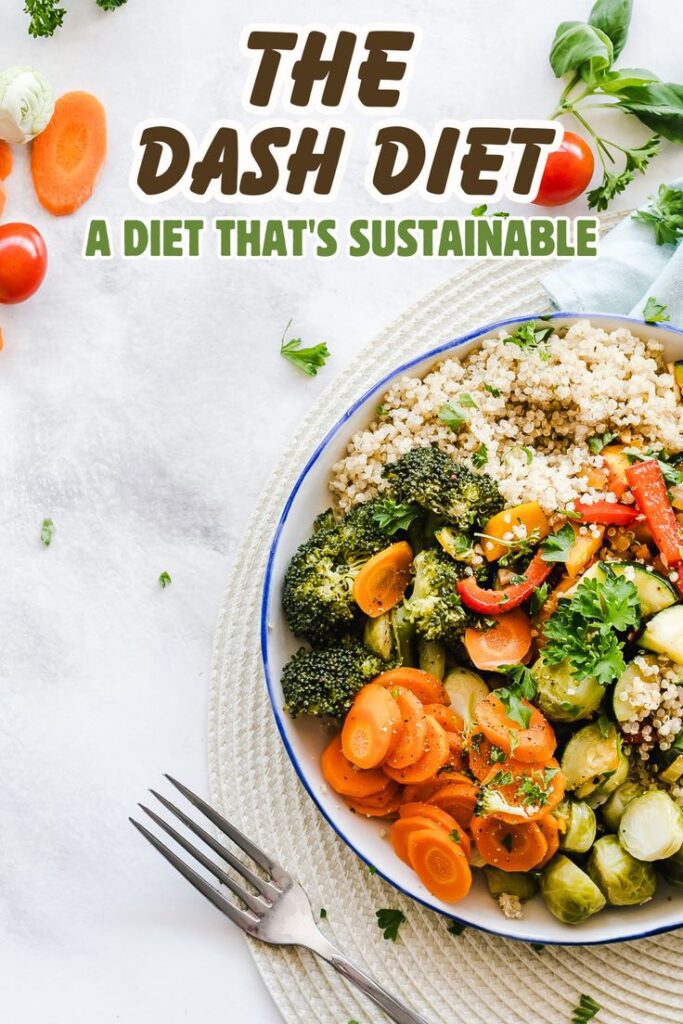
- Full Form: Dietary Approaches to Stop Hypertension
- Key Foods: Low-sodium, high-fiber foods, vegetables, fruits, lean protein, low-fat dairy
Benefits:
- Reduces high blood pressure
- Prevents heart disease
- Supports kidney health
- Helps maintain healthy weight
The DASH diet was created to combat hypertension, but its overall balanced, nutrient-rich approach makes it one of the best diets for disease prevention.
Research from the National Heart, Lung, and Blood Institute showed that DASH can significantly lower blood pressure in just two weeks.
5. The Okinawan Diet: The Island Secret to Longevity
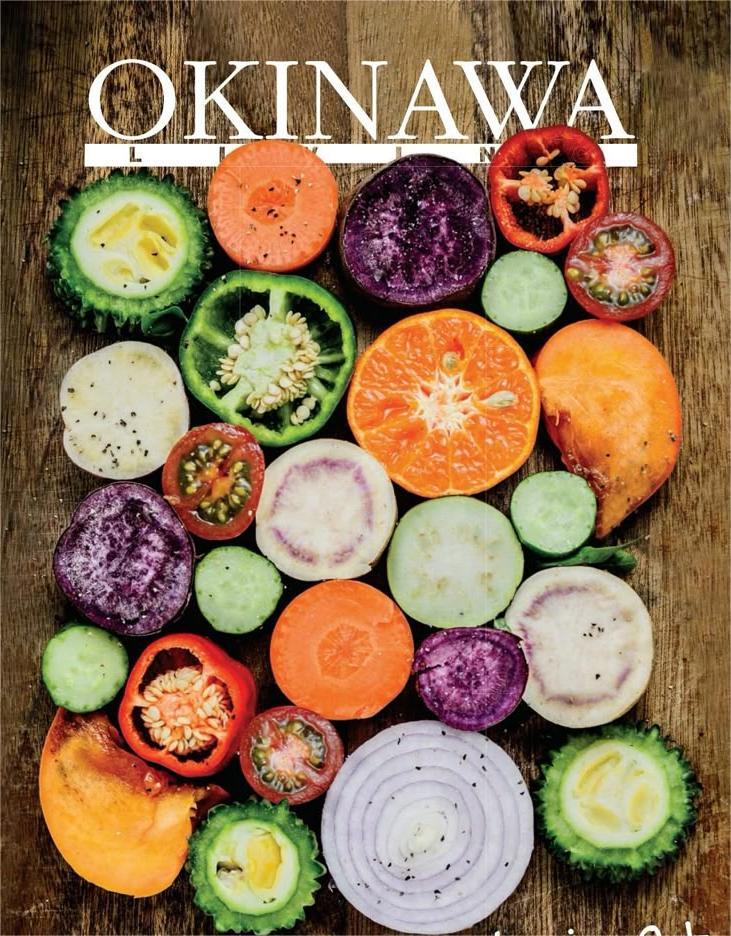
- Origin: Okinawa, Japan (which is known for being home to some of the oldest individuals on the planet)
- Key Foods: Sweet potatoes, tofu, seaweed, turmeric, leafy greens, small fish portions
Benefits:
- Low-calorie but nutrient-dense
- Anti-inflammatory
- Rich in antioxidants like flavonoids
A distinctive aspect is their philosophy of “Hara Hachi Bu” – consuming food until one is 80% satisfied, which aids in avoiding excessive eating and promotes metabolic well-being.
Women from Okinawa have an average lifespan of 88 years, representing the highest life expectancy for women globally.
6. The Nordic Diet: A Cold-Climate Super Diet
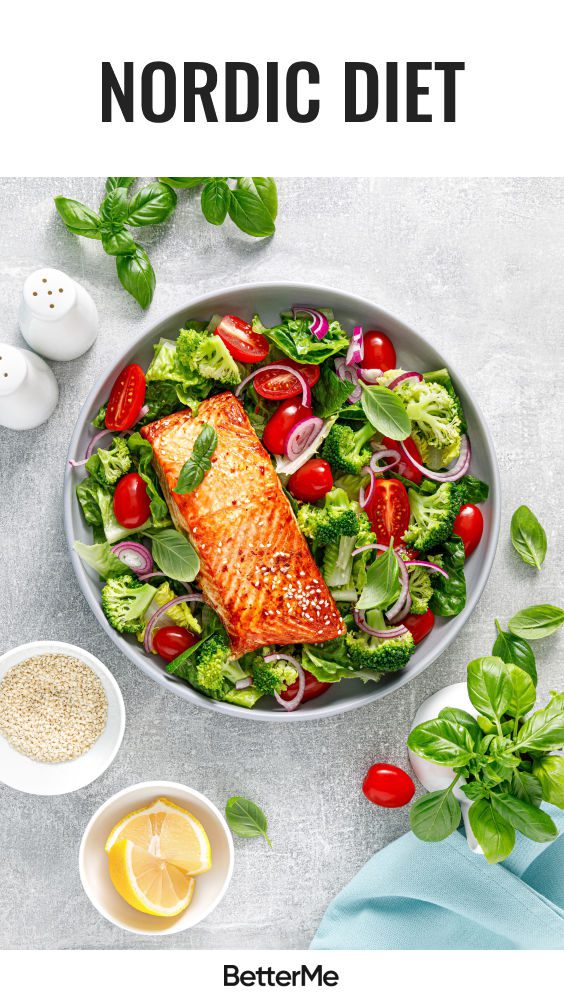
- Origin: Scandinavian countries (Sweden, Norway, Denmark)
- Key Foods: Root vegetables, whole grains (like rye), berries, fatty fish, legumes, canola oil
Benefits:
- Heart and metabolic health
- Environmental sustainability
- Anti-inflammatory effects
The Nordic diet is rich in fiber, lean protein, and seasonal vegetables, and it mirrors the Mediterranean diet in many ways but with a Northern twist.
7. The Anti-Inflammatory Diet: A Modern Wellness Trend
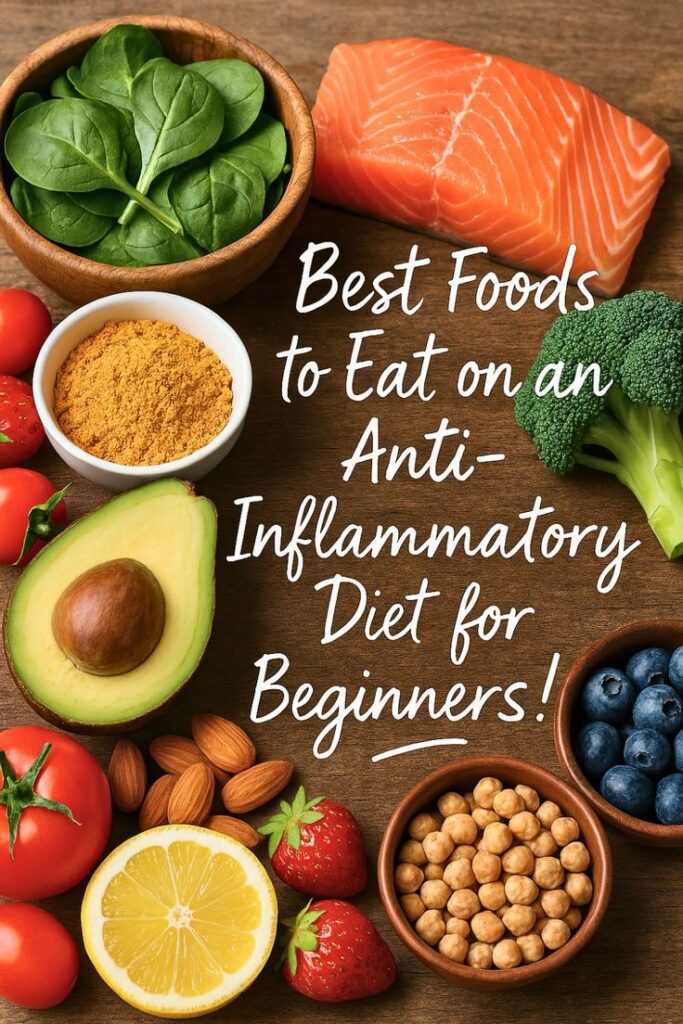
- Focus: Reducing chronic inflammation
- Essential Foods: Berries, leafy vegetables, turmeric, ginger, salmon, green tea
Benefits:
- Helps manage autoimmune diseases
- Prevents cancer and heart disease
- Supports healthy aging and joint health
Inflammation plays a significant role in the aging process and in diseases such as Alzheimer’s, cancer, and arthritis. This dietary approach emphasizes foods that help reduce oxidative stress and encourage healing.
A Harvard study found that an anti-inflammatory diet can reduce mortality by up to 18% in older adults.
Common Features of All Longevity Diets
Despite their cultural differences, all these diets share a few important traits:
| Feature | Role in Longevity |
|---|---|
| 🍇 Whole foods | Provide nutrients & antioxidants |
| 🧂 Low added sugar/salt | Reduces inflammation & blood pressure |
| 🥬 High fiber intake | Supports gut health & digestion |
| 🥜 Healthy fats | Lowers bad cholesterol |
| 🚫 Minimal processed food | Cuts cancer and disease risks |
| 🍷 Moderate alcohol (if any) | Improves heart health in moderation |
Tips to Start a Longevity-Boosting Diet Today
- Add, don’t subtract – Start by adding fruits, veggies, and nuts before removing foods.
- Plan meals ahead to avoid unhealthy choices.
- Cook at home more often to control ingredients.
- Stay hydrated – drink water, herbal teas.
- Practice mindful eating – eat slowly and with purpose.
- Consume a variety of colors – each color represents distinct nutrients.
Foods to Limit for a Longer Life
- To prevent diseases and live longer, avoid or limit:
- Processed meats (bacon, sausages)
- Refined sugars (soda, candy)
- Trans fats (margarine, junk food)
- Excess sodium
- Highly processed snacks
Final Thoughts: What Diet Is Best for You?
There’s no one-size-fits-all diet, but the best diets for longevity and disease prevention share universal principles: whole, minimally processed, plant-forward, and nutrient-dense.
You don’t have to follow any diet 100%. Instead, build your own eating pattern inspired by the principles of these proven longevity diets. Even small changes can have a big impact on your lifespan and quality of life.
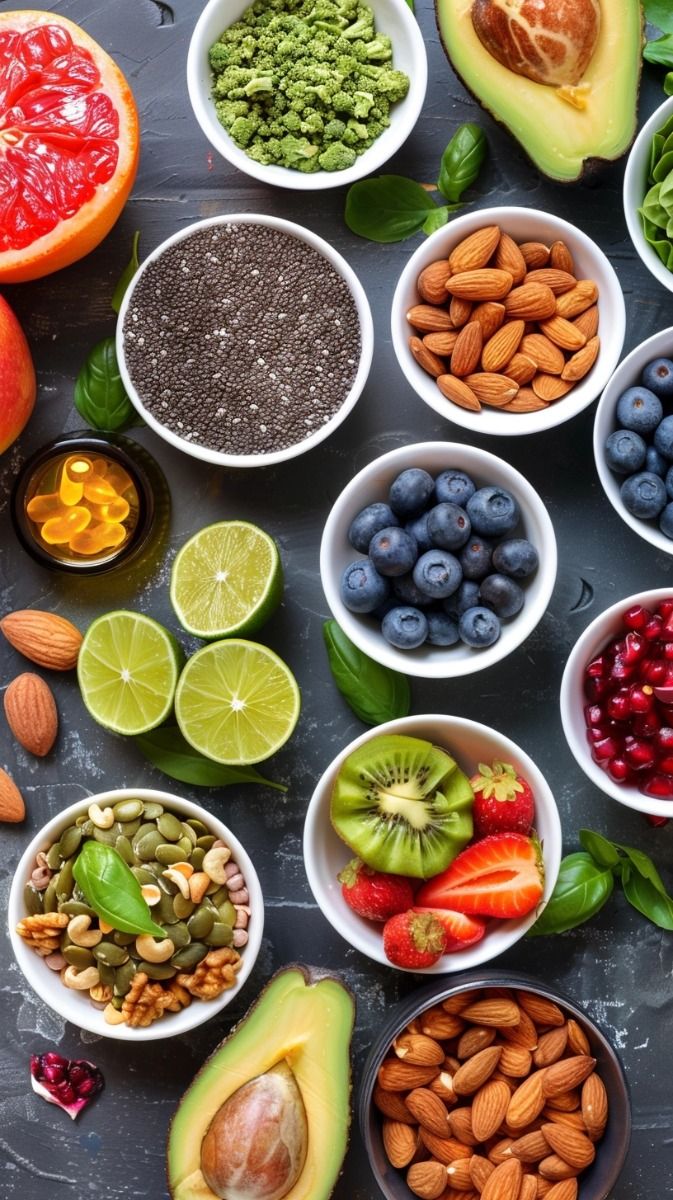
1 thought on “The Best Diets for Longevity & Disease Prevention”